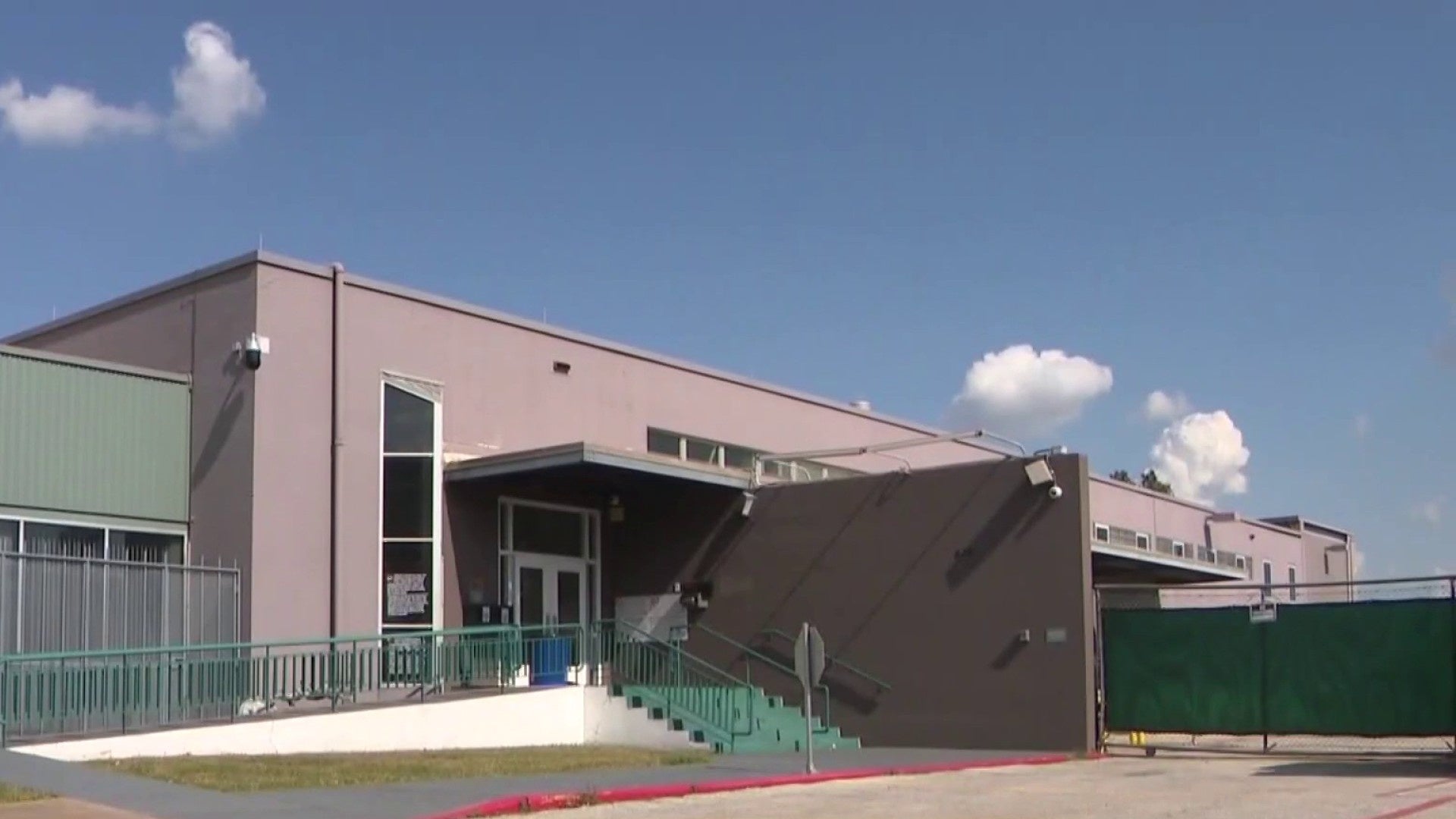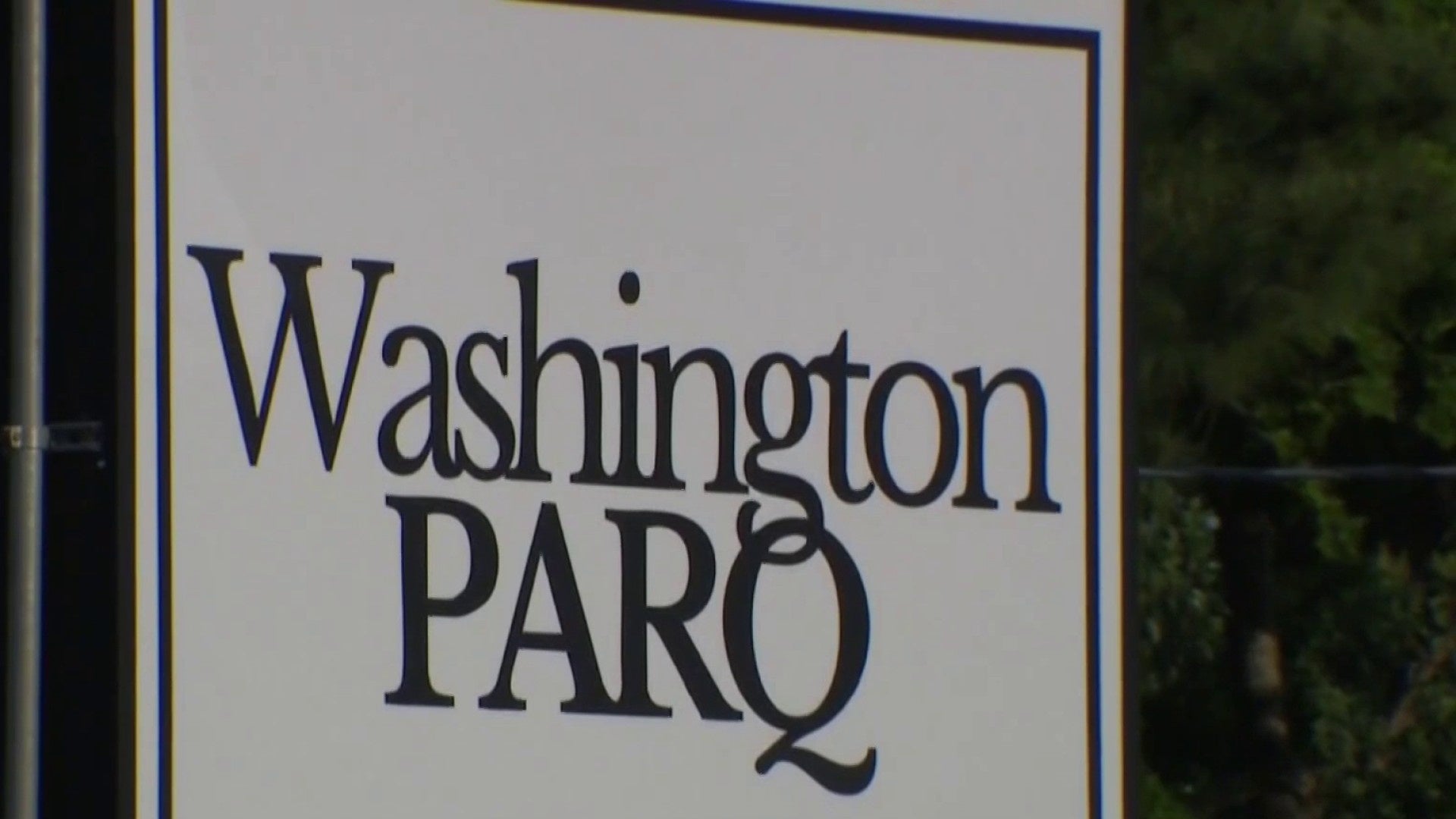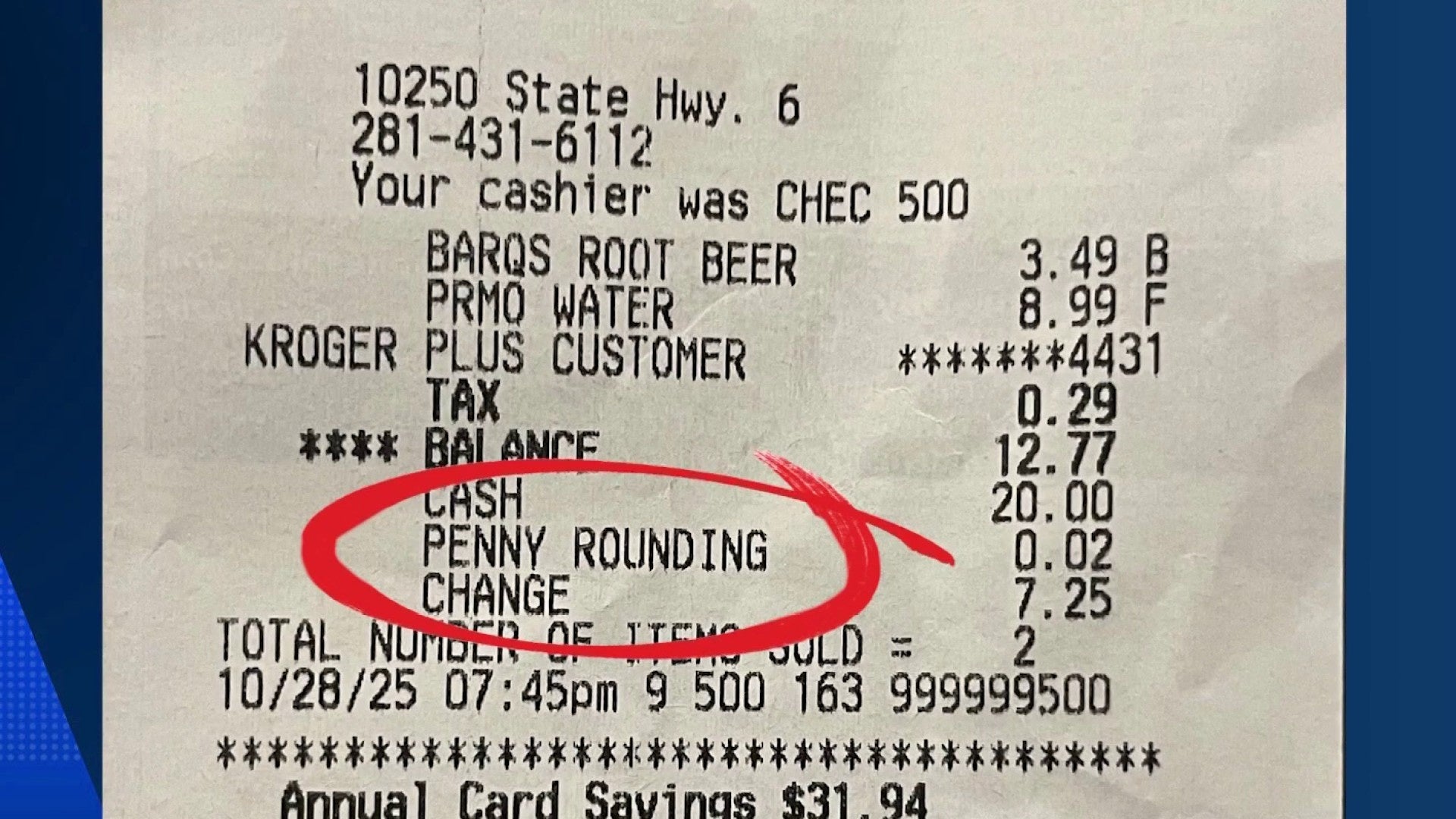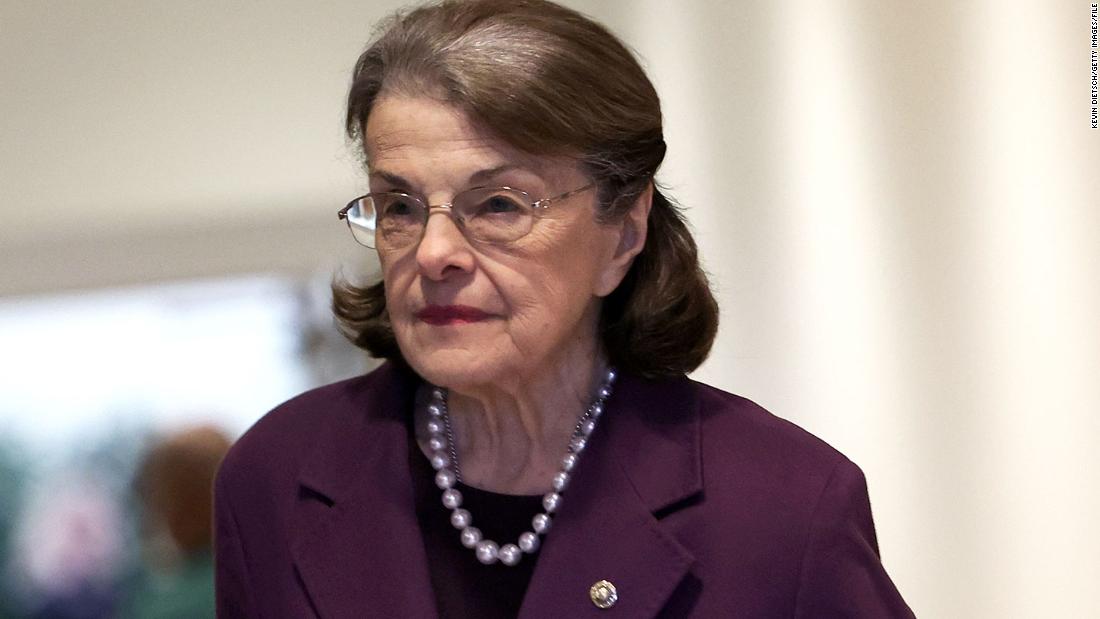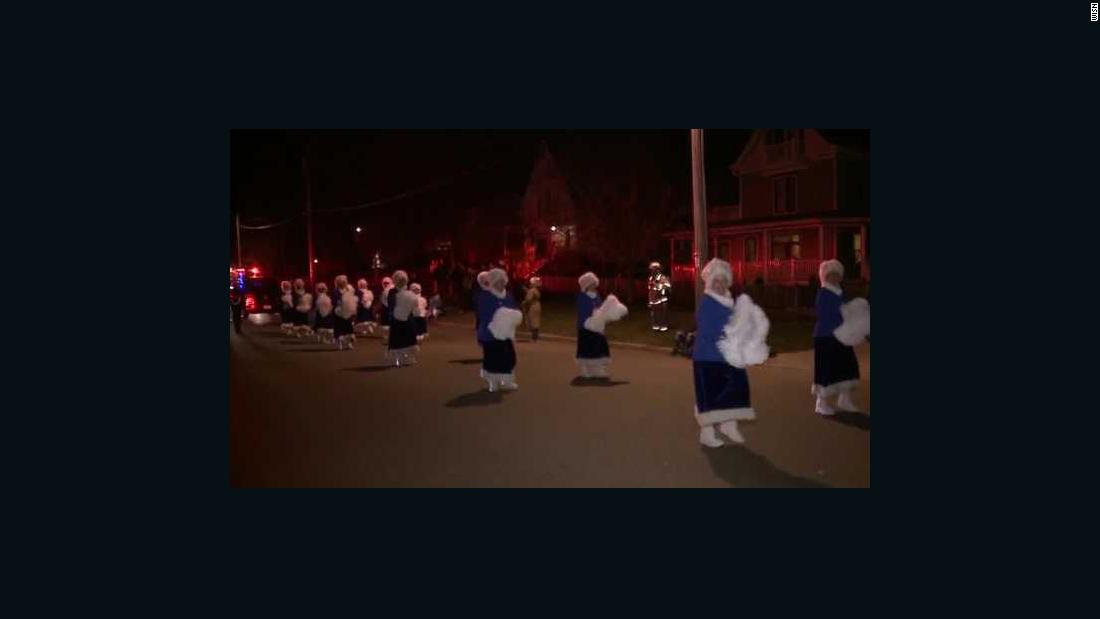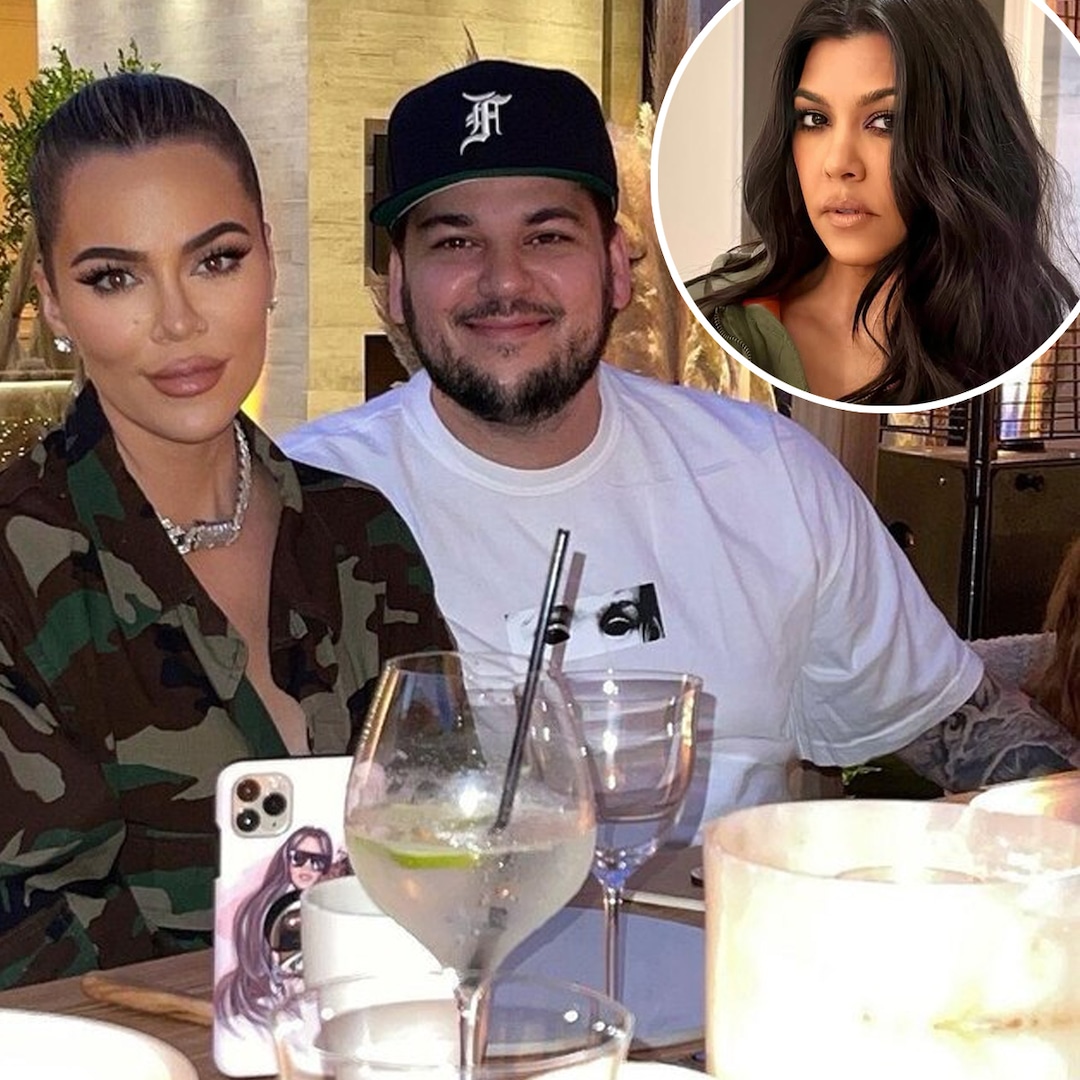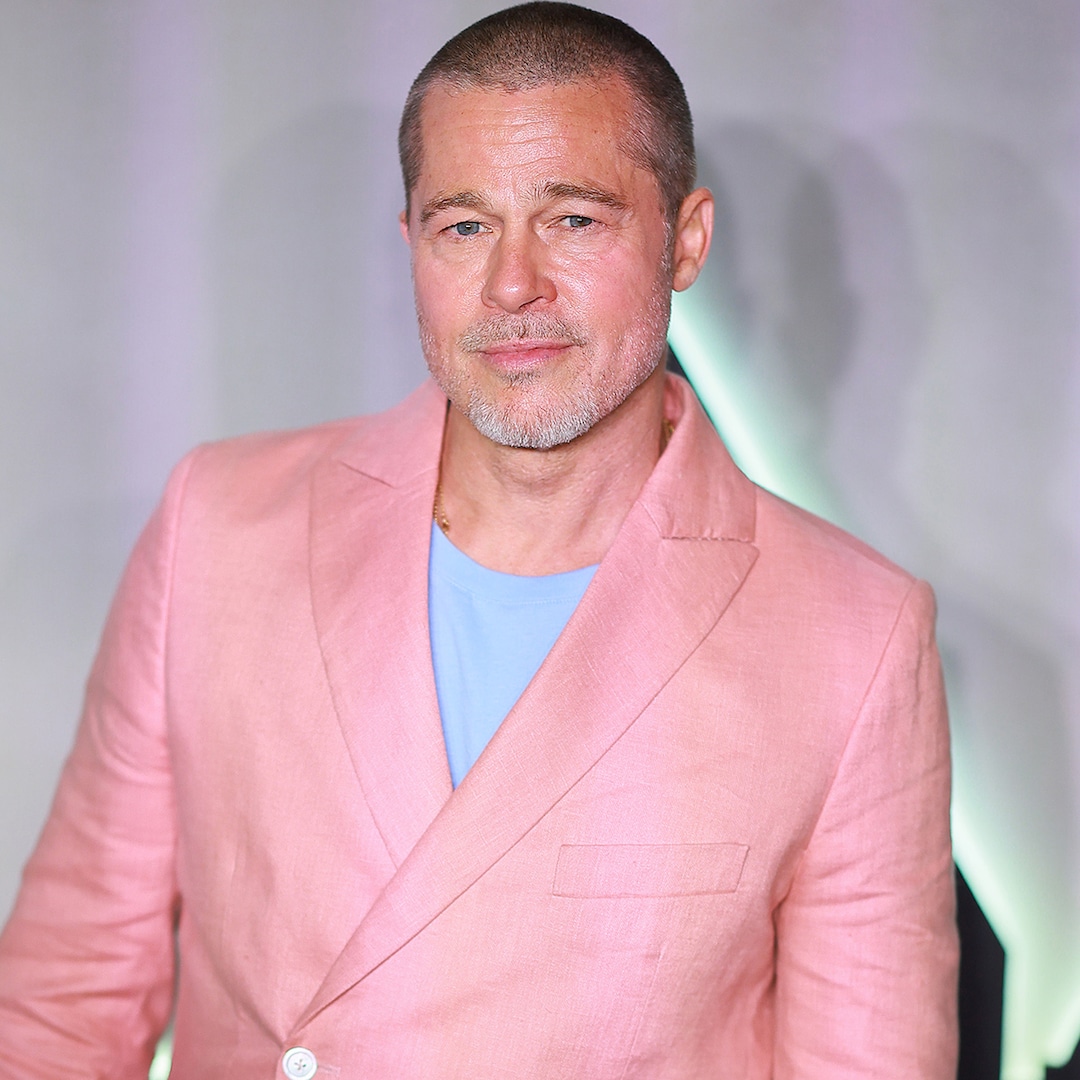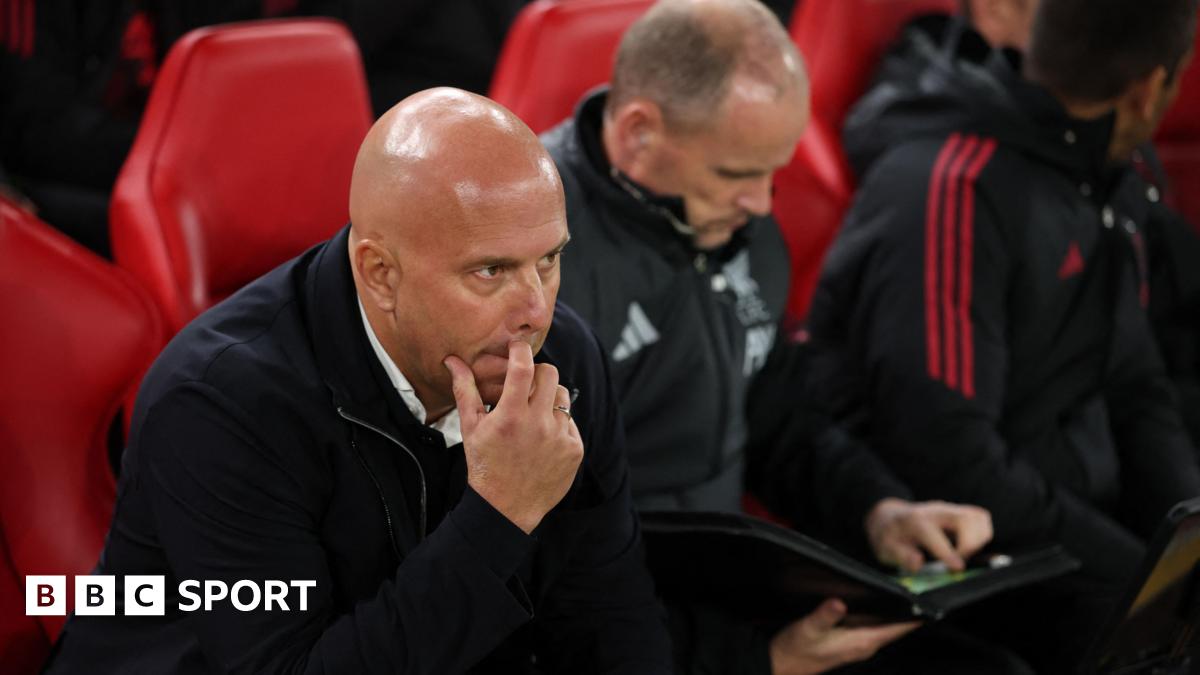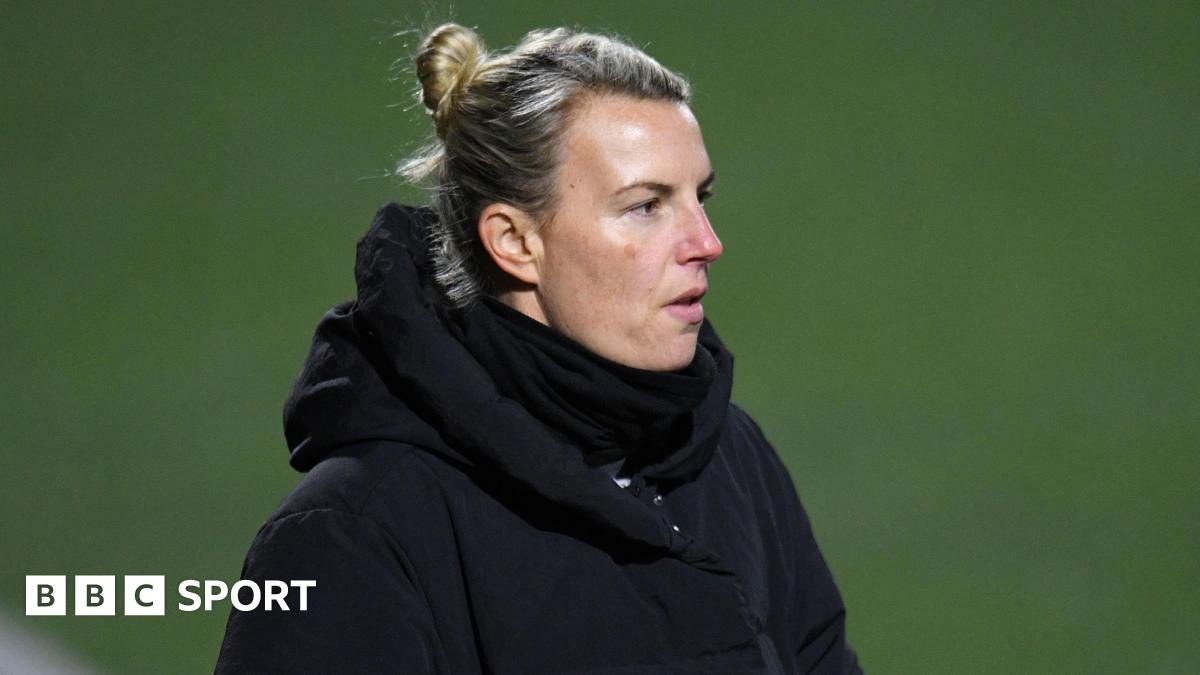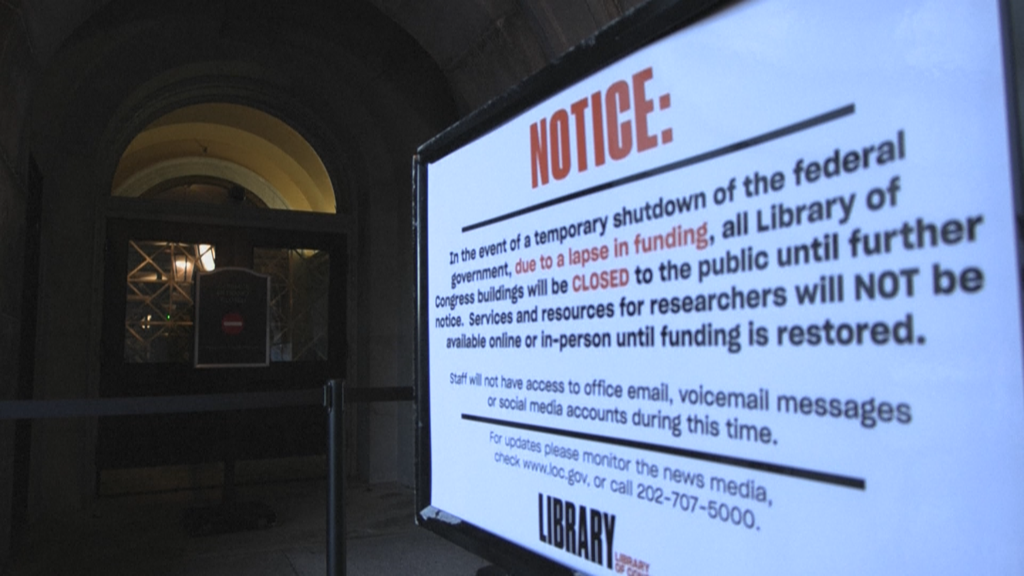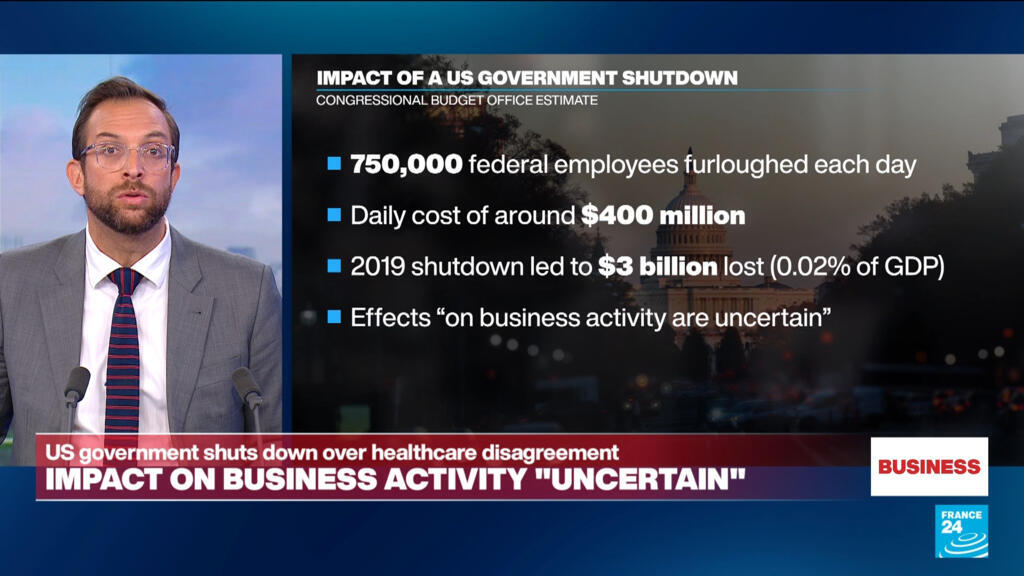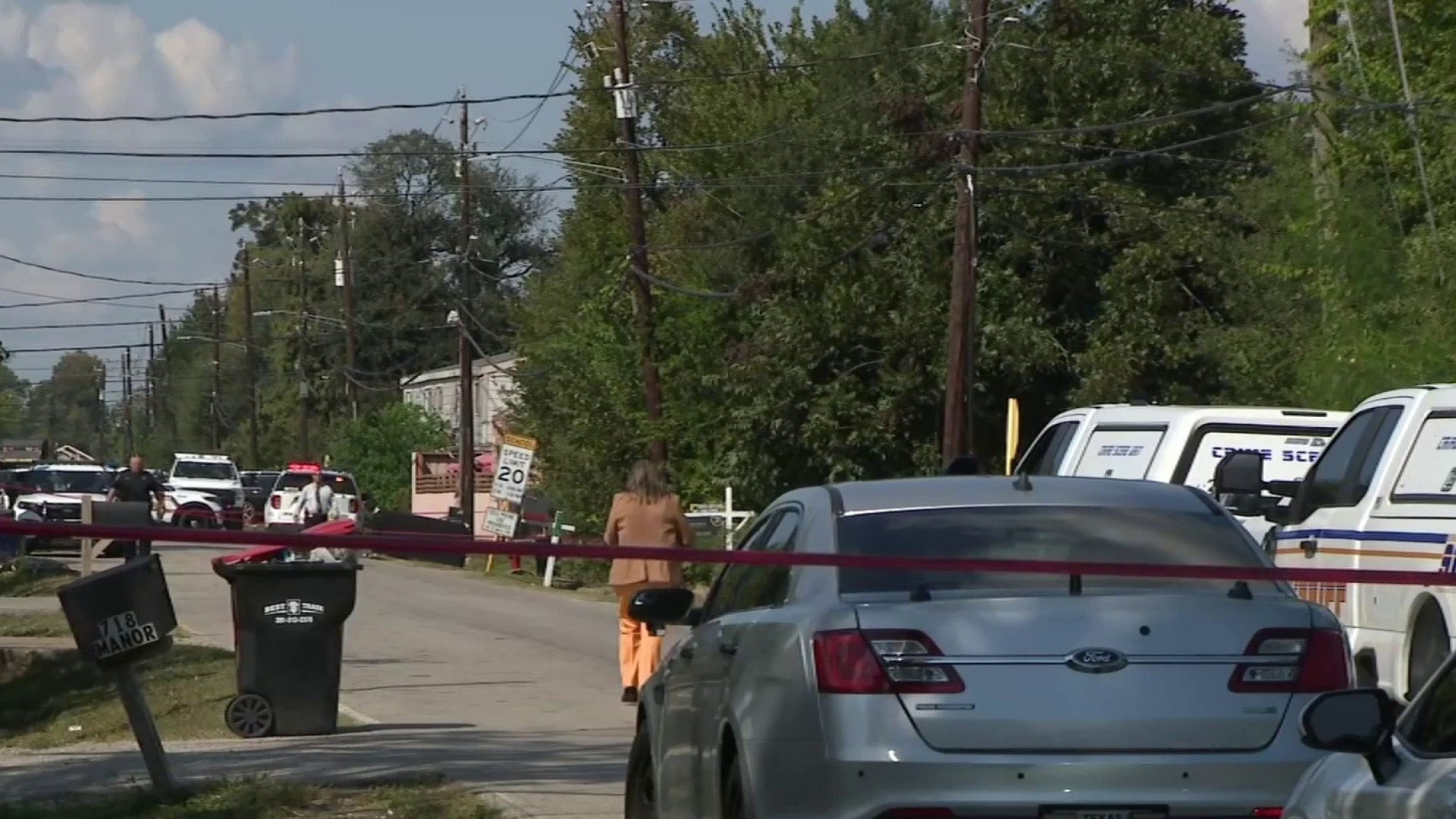Court weighs whether complaint against expert impacts AJ Armstrong’s murder conviction
A Harris County appeals court heard arguments over whether a complaint against a blood spatter expert, used in AJ Armstrong’s third murder trial, should have been disclosed to the defense. Armstrong’s attorneys say the issue, combined with new DNA evidence, is enough to call for a new hearing or possibly a new trial.
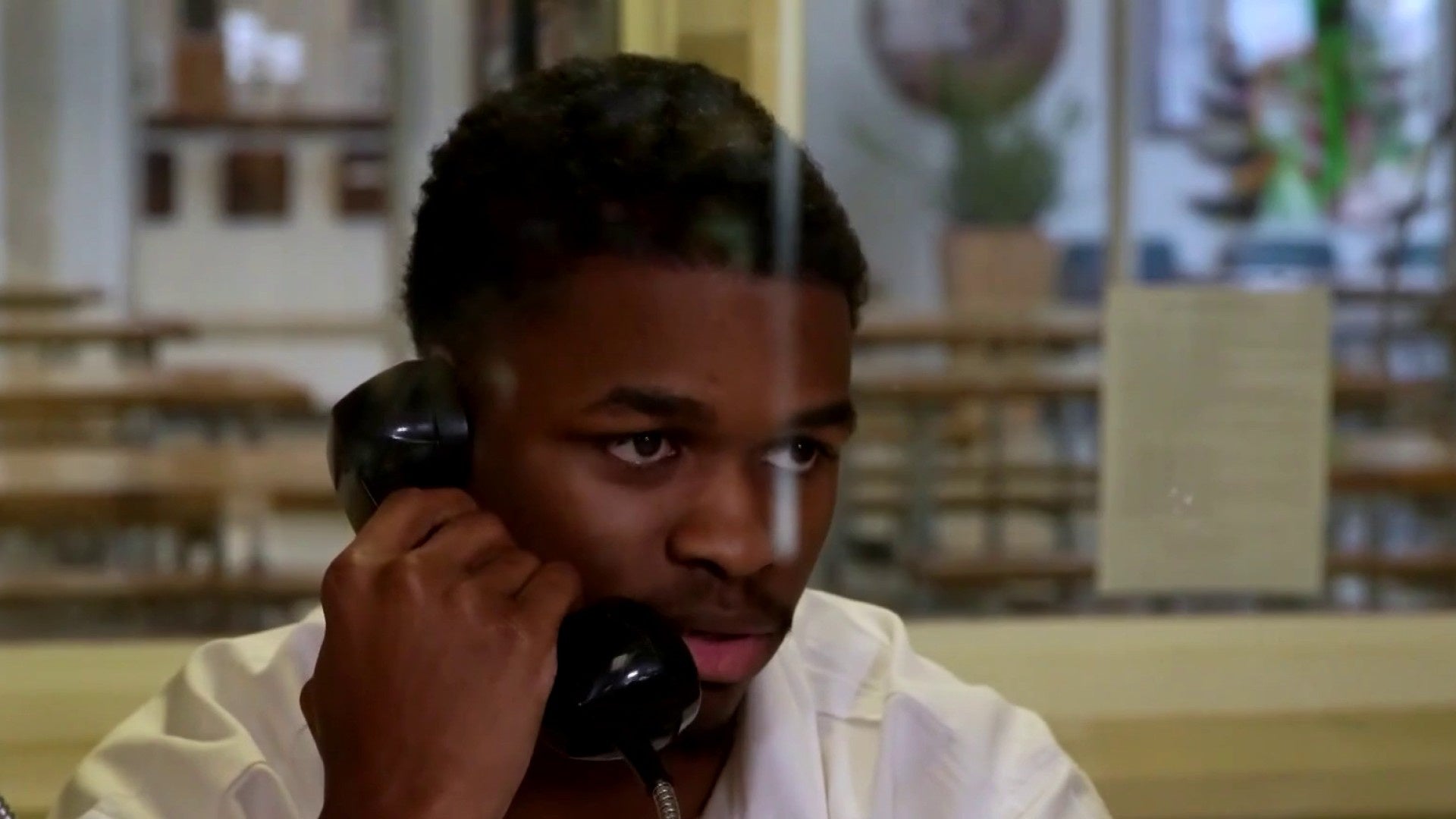
A hearing lasting less than an hour is reigniting questions in one of Houston’s most high-profile murder cases, the conviction of Antonio “A.J.” Armstrong Jr. for the 2016 shooting deaths of his parents, Dawn and Antonio Sr.
Armstrong’s appellate attorney argued before a three-judge panel this week that prosecutors failed to disclose a complaint filed years ago against their blood splatter expert, Celestina Rossi. They say the complaint, made to the Texas Forensic Science Commission, accused Rossi of planting evidence in another case and should have been turned over before Armstrong’s third trial, where he was ultimately convicted.
“I can’t explain to you as a trial lawyer who’s invested so much time in this case, how devastating that is, to learn in a huge decision that we made that may have impacted that trial, that there was something else out there, sorry, that we should have known, that may affected our decision,” said Rick DeToto, Armstrong’s defense attorney. “It is devastating.”
Appellate attorney Patrick McCann told the court the complaint went to the heart of Rossi’s integrity and credibility. He argued that the defense should have had the opportunity to assess whether to challenge Rossi’s testimony or seek a hearing on her qualifications.
McCann maintained that the allegation alone, regardless of whether it was proven, should have been disclosed because it could have affected key trial decisions. He said prosecutors can’t shield themselves by claiming they didn’t personally know about the complaint if it was filed with a state agency connected to forensic work.
He also argued that the discovery of new blood evidence shortly before the third trial, found under Armstrong’s name tag from the night of the murders, made Rossi’s credibility particularly critical. McCann said this evidence, coupled with the undisclosed complaint, represented a “Brady violation” and warranted at least a hearing or a new trial.
McCann urged the appellate court to send the case back to the trial court for a full evidentiary hearing, arguing that the record was incomplete and that the defense’s motion for a new trial was denied without an oral hearing.
The judges questioned whether the state had a duty to search independent forensic commissions for complaints against their witnesses. McCann said yes that prosecutors are already required to check other agencies for information about law enforcement witnesses and should do the same for forensic experts. He warned that failing to do is to “gut Brady” and undermines reforms meant to prevent wrongful convictions.
Prosecutors Push Back: “No Brady Violation”
Representing the state, Alan Curry from the Harris County District Attorney’s Office argued that no Brady violation occurred because the complaint was unrelated to Armstrong’s case.
“It has to have something to do with this case, and it doesn’t have anything to do with Armstrong,” Curry told the panel. “You cannot impeach a witness under 608B with those kind of specific instances of misconduct unless something has actually been raised. The discovery of the blood on the defendant’s shirt in this one particular instance was heavily litigated, heavily documented as to how that happened. There’s no indication that there’s been any kind of the same kind of thing happening.”
Curry said that under precedent, such as Valdez and Del Bosco, a complaint alone cannot be used to impeach a witness unless it has resulted in a finding of misconduct. He said the complaint against Rossi did not, and it was dismissed by the Texas Forensic Science Commission as unfounded.
The state argued that the defense had not met the threshold for a new trial hearing because even if the complaint had been disclosed, it would not have entitled Armstrong to relief. Curry contended that the blood evidence was not the deciding factor in the conviction pointing to other evidence such as Armstrong’s 911 call, his own statements to police, and cell phone data.
When pressed by the judges about the fact that two prior juries had hung before Rossi’s blood evidence testimony in the third trial, Curry maintained that the overall case remained strong. He said the house was locked from the inside, no signs of forced entry were found, and Armstrong was the only person awake at the time of the killings.
Curry emphasized that even if the blood evidence raised questions, the circumstantial case against Armstrong was overwhelming. He said prosecutors believe the conviction was legally sound and that the complaint against Rossi did not alter that.
“You’ll recall from the record on [the] third trial, I told the jury in opening statement, they don’t need to consider the blood evidence,” John Jordan, the lead prosecutor in the case, said after the hearing. “This case has a mountain of circumstantial evidence that the jury relied on to convict A.J. Armstrong of killing his parents.”
Judges Weigh Next Steps
During the hearing, the judges acknowledged reviewing the extensive trial record and focused their questioning on the Brady issue and the motion for a new trial. They also sought clarification about whether there was a court reporter’s record from a brief two-minute exchange in the lower court regarding the motion a record that appears to be missing.
McCann said he believed the exchange occurred when he requested a hearing but that no substantive discussion was held.
The three-judge panel did not indicate when it would issue a ruling.
